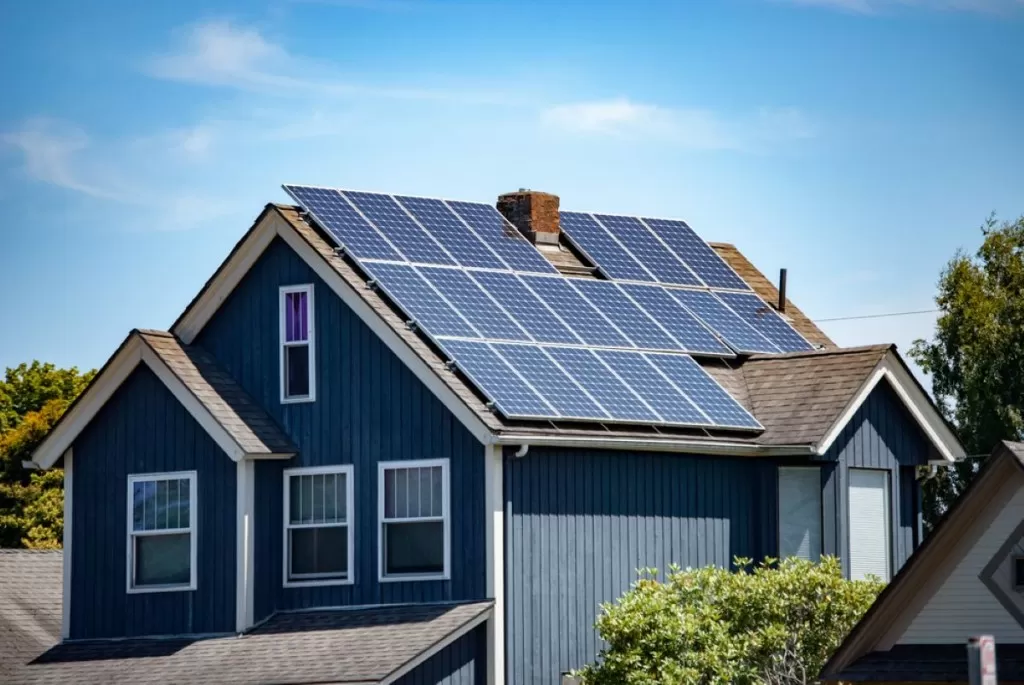In recent years, the use of solar energy has become increasingly popular among homeowners. Not only does it offer significant energy savings, but it also has a positive impact on the environment. However, when it comes to selling a house with solar panels, some homeowners may wonder if it will make or break the sale. The truth is, there are both advantages and disadvantages to having solar panels on your home when it comes to selling. In this article, we will explore what helps, what hurts, and how to navigate the process of selling a house with solar panels.
First and foremost, let’s look at the benefits of having solar panels on your home when it comes to selling. One of the biggest advantages is the potential for energy savings. Solar panels can significantly reduce or even eliminate a homeowner’s electricity bill, making the property more attractive to potential buyers. In fact, a study by the National Renewable Energy Laboratory found that homes with solar panels sold 20% faster and for 17% more than homes without solar panels. This is a significant selling point for potential buyers who are looking to save money on their utility bills.
Another advantage of having solar panels is the eco-appeal. With more and more people becoming environmentally conscious, having a home with solar panels can be a major selling point. It shows that the homeowner is taking steps to reduce their carbon footprint and contribute to a cleaner environment. This can be especially appealing to younger buyers who are more environmentally conscious and willing to pay a premium for a home with sustainable features.
However, despite these advantages, there are also some potential drawbacks to consider when selling a house with solar panels. One of the main concerns for potential buyers is the cost of maintenance and repairs. While solar panels are known for their durability, they still require regular maintenance and occasional repairs. This can be a turn-off for some buyers who may not want to take on the responsibility and additional costs associated with solar panels.
Another potential issue is the aesthetic appeal of the panels. Some buyers may find the look of solar panels on a home to be unattractive or out of place. This can be a subjective factor, but it is important to keep in mind that not all buyers will be drawn to the look of solar panels on a home. Additionally, if the panels are not properly installed or maintained, they can become an eyesore and potentially hurt the sale of the home.
So, what can you do to navigate the process of selling a house with solar panels? The key is to educate potential buyers about the benefits and address any concerns they may have. Start by highlighting the energy savings and eco-appeal of the panels. This can be done through marketing materials, such as listing descriptions and photos, as well as during showings and open houses. It’s also important to provide information on the maintenance and repair history of the panels to ease any concerns about additional costs.
If the aesthetic appeal of the panels is a concern, consider offering to have them removed before the sale. This can be a negotiation point with potential buyers and may make the home more attractive to a wider range of buyers. Alternatively, you can also offer to cover the cost of having the panels repainted to match the color of the roof, making them less noticeable.
In conclusion, selling a house with solar panels can have its advantages and disadvantages. While they can be a major selling point for some buyers, they may also raise concerns for others. The key is to educate potential buyers about the benefits and address any concerns they may have. By doing so, you can increase the chances of a successful sale and potentially even sell your home for a higher price. So, if you are considering installing solar panels on your home, don’t let the potential impact on selling deter you. With the right approach, solar panels can be a valuable asset that adds to the appeal and value of your home.

